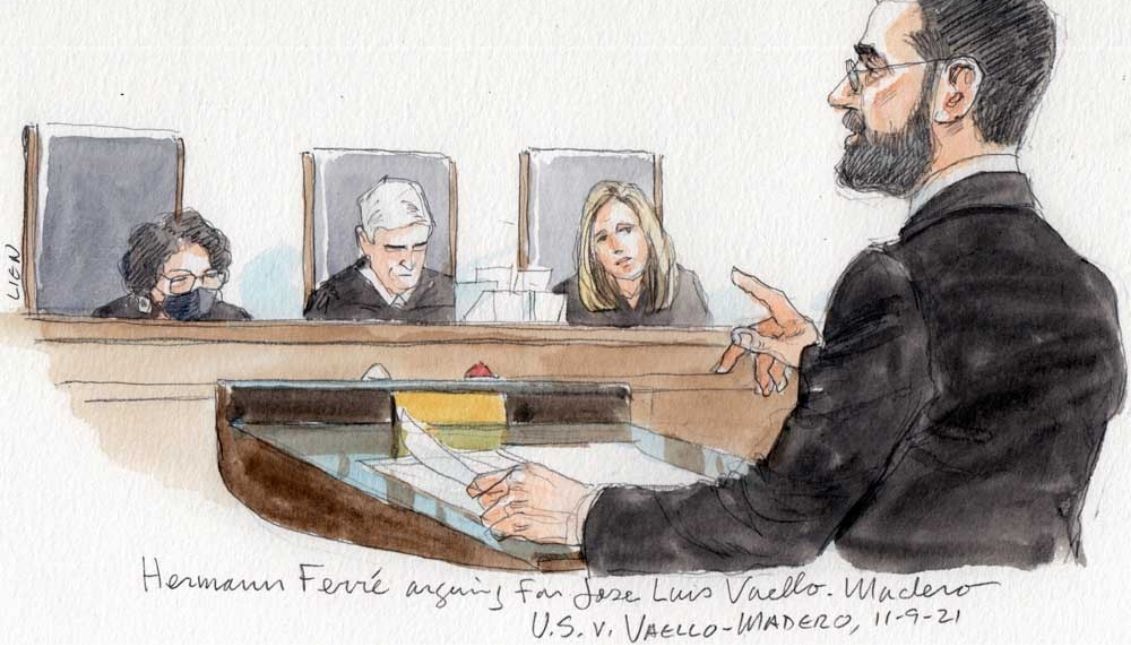On Tuesday, Nov. 9, the U.S. Supreme Court addressed a challenge to a decision by Congress five decades ago to exclude Puerto Rico from a federal program that provides benefits to low-income elderly, blind and disabled people was illegal.
The Court seeks to analyze whether Congress violated constitutional protections by excluding Puerto Rico residents from Supplemental Security Income (SSI), a monthly cash payment for low-income elderly, blind or disabled people in the country.
"Needy is needy, whether it's in Puerto Rico or on the mainland, none of the people who receive it on the mainland pay taxes," said Justice Sonia Sotomayor, whose parents were born in Puerto Rico. "None of the money is going or would go to Puerto Rico for self-government. I think restrictions have to be rational, and I'm not quite sure why one would say it's rational to treat one group of people, of citizens, differently than other citizens on the mainland when the need is the same."
The Justice Department argued that the United States has a valid justification for excluding Puerto Rico, pointing to the general exemption of its residents from paying most federal taxes, including income tax. The government also noted that adding Puerto Rico to the disability program would increase costs by $2 billion a year.
Although the Justice Department is defending the provision of the law that excludes Puerto Rico, President Joe Biden indicated that his administration is doing so reluctantly and suggested that his hands were tied. He called on Congress to change the law to include the island territory.
"This provision is inconsistent with the policies and values of my Administration," Biden said in June. "However, the Justice Department has a long-standing practice of upholding the constitutionality of federal statutes, regardless of policy preferences."
Brian Fletcher, a Justice Department lawyer, acknowledged that there is a history of federal government discrimination against Puerto Rico, but argued that the law in question is not part of that bias.
"They are U.S. citizens, but there is no evidence linking this exclusion to ethnicity or a history of discrimination," Fletcher said.
The case was opened because of the case of Jose Luis Vaello-Madero, a U.S. citizen born in Puerto Rico, who began collecting SSI benefits while living in New York after he developed debilitating health problems. He continued receiving payments for three years after moving to Puerto Rico in 2013 to be closer to his family.
But the law that established SSI, passed in 1972, only granted the entitlement to residents of the 50 states or the District of Columbia. The benefit was later extended to those living in the U.S. territory of the Northern Mariana Islands, but not to Puerto Rico.












LEAVE A COMMENT:
Join the discussion! Leave a comment.